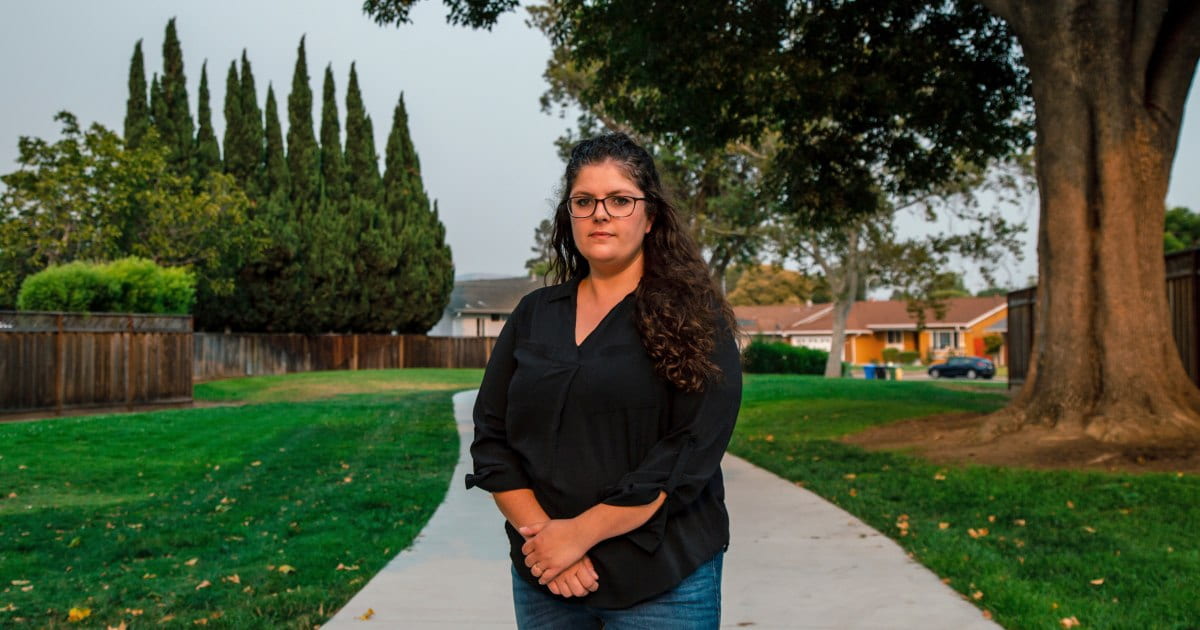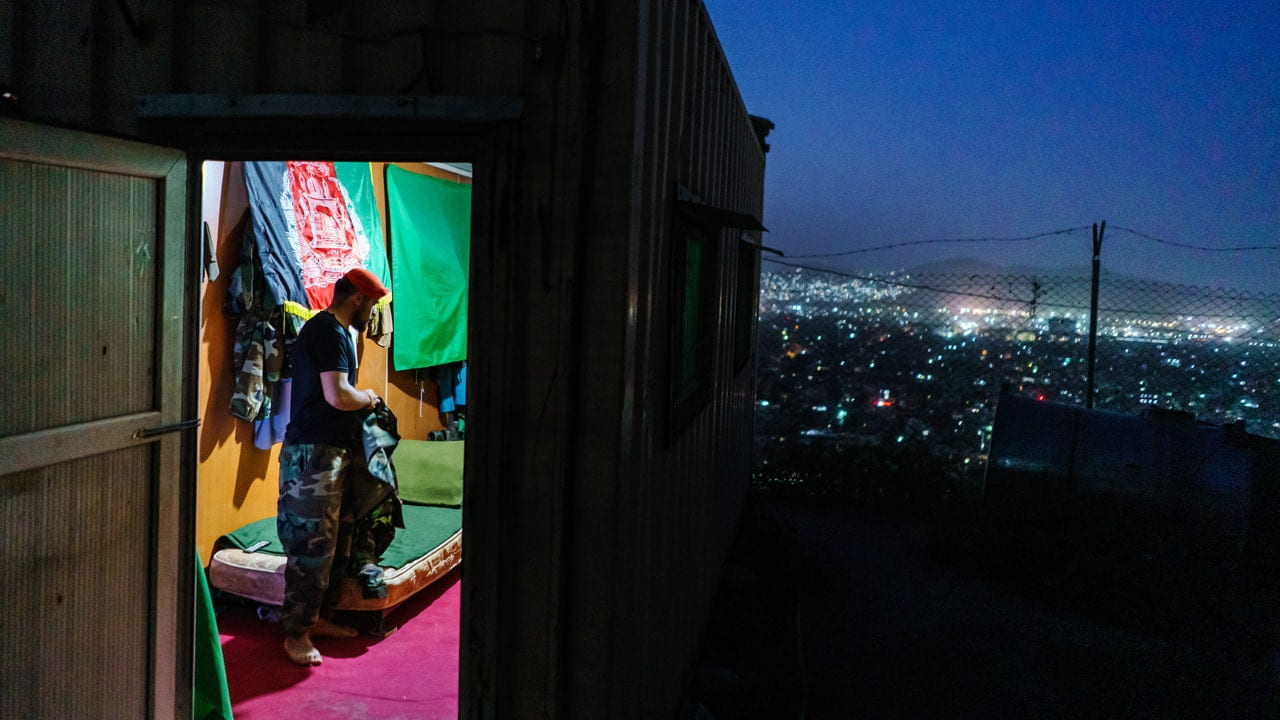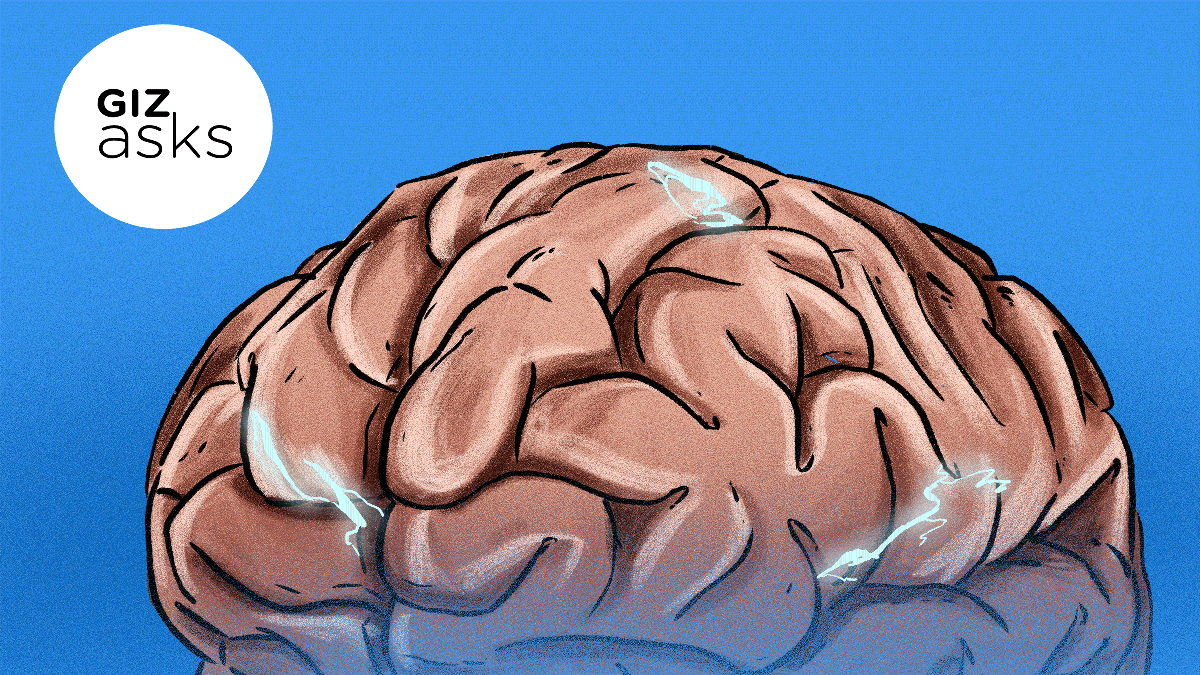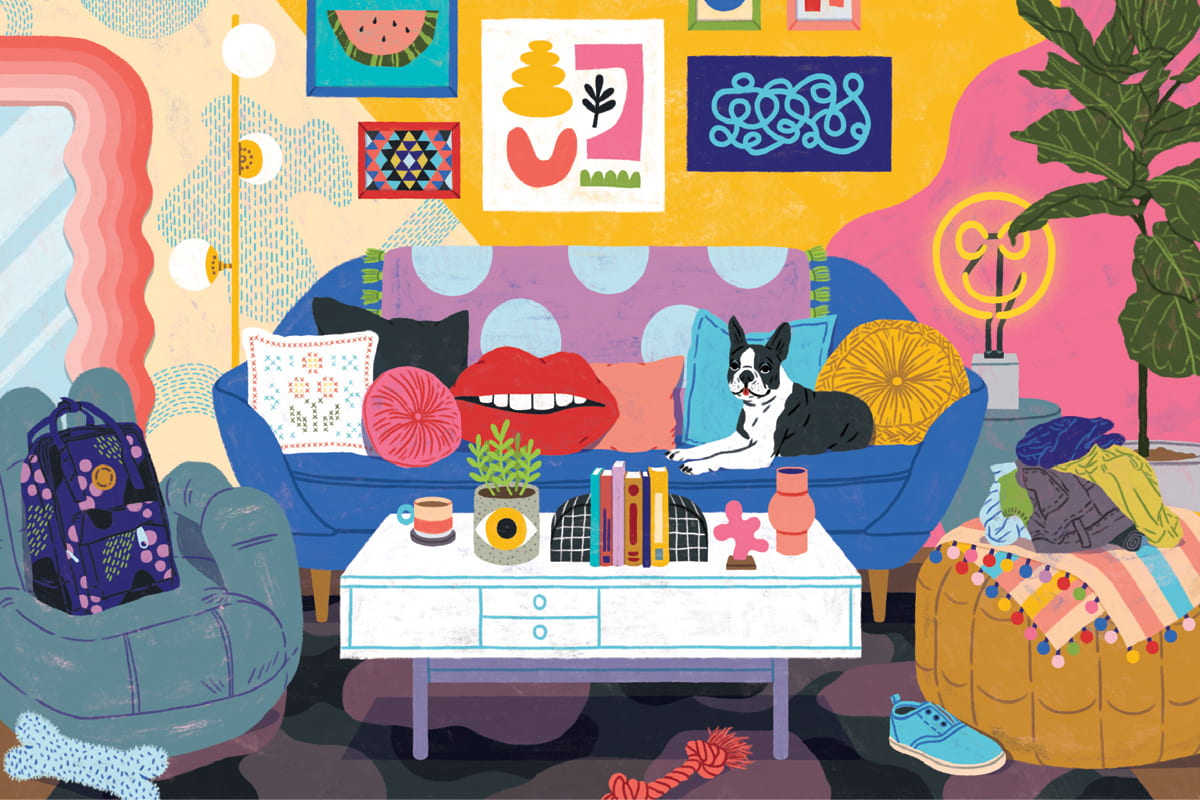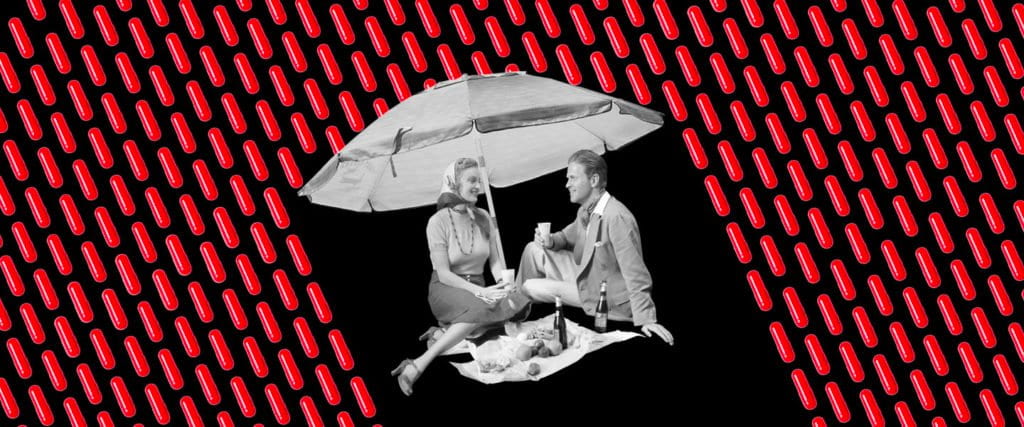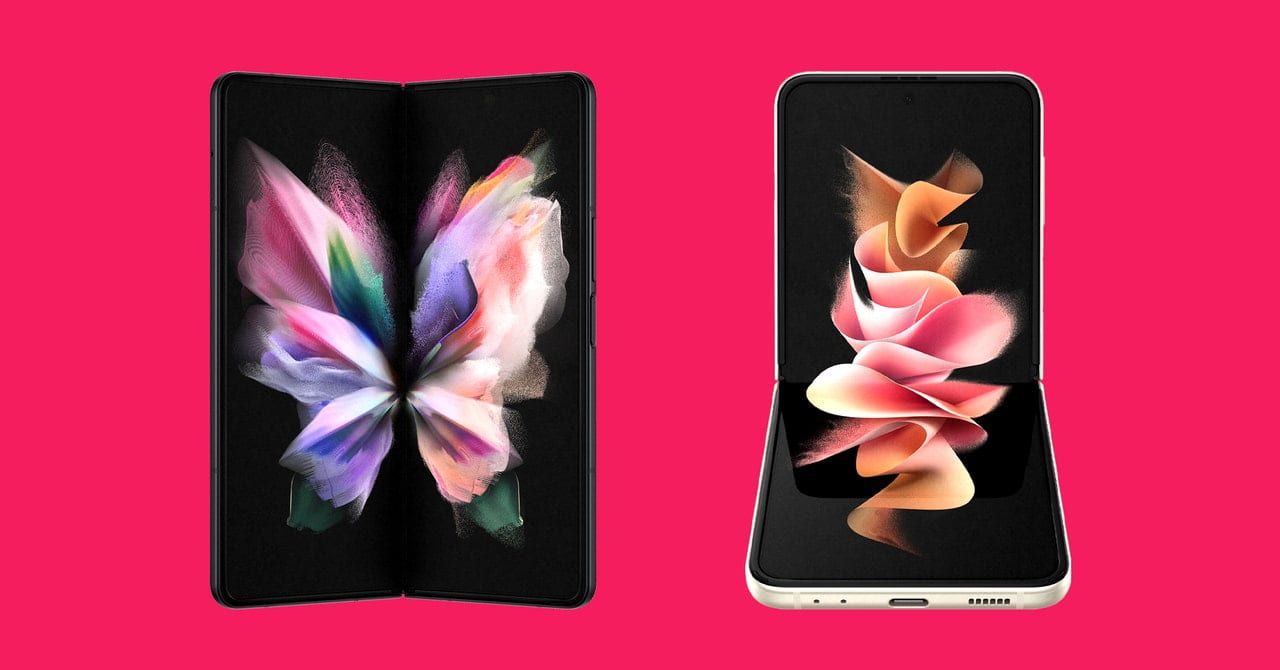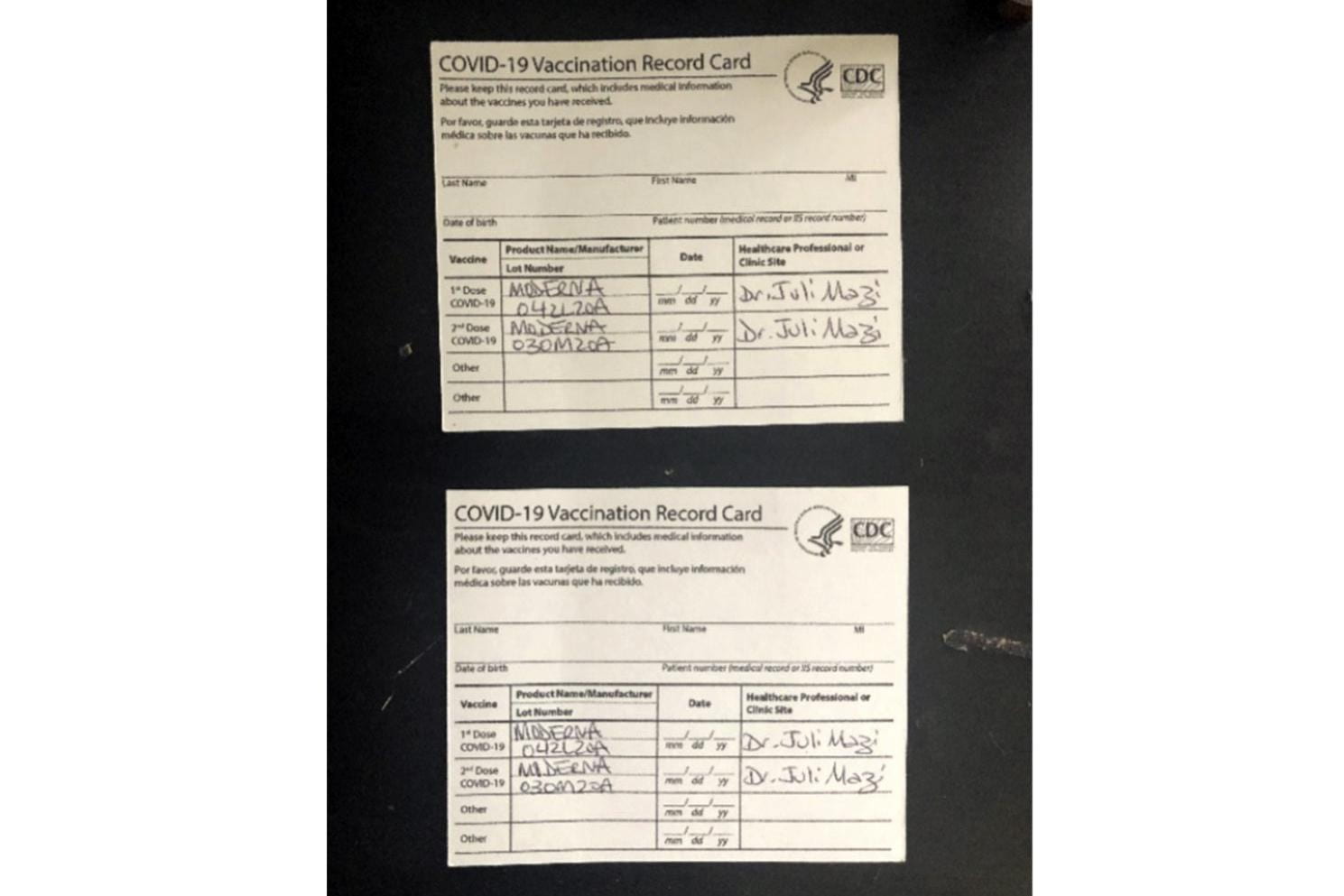Inside Boston Dynamics’ project to create humanoid robots
Boston Dynamics is known for the flashy videos of its robots doing impressive feats. Among Boston Dynamics’ creations is Atlas, a humanoid robot that has become popular for showing unrivaled ability in jumping over obstacles, doing backflips, and dancing.
Source: Inside Boston Dynamics’ project to create humanoid robots
The farmers market is moving online
Farmer-specific e-commerce apps and services — among them, GrazeCart, Farmdrop, Farmigo, and GrownBy — have cropped up in recent years, offering the direct-to-consumer sales, customizable CSAs, preorders and delivery that farmers markets haven’t. When the pandemic began, this tech offered a new world of possibility.
China’s digital yuan is a warning to the world
China’s system is not even the most advanced CBDC in the world. Both Cambodia, with the “Bakong”, and the Bahamas, with the “Sand Dollar”, have more comprehensive CBDCs rolled out at a wider scale, according to a report by accounting firm PwC. China, however, is the first major advanced economy to start implementing a digital currency at any scale, and its ambitions seem to far exceed those of the established players in the field.
This AI Can Spot an Art Forgery
Is it possible to establish the authenticity of a work of art amid conflicting expert opinions and incomplete evidence? Scientific measurements can establish a painting’s age and reveal subsurface detail, but they can’t directly identify its creator. That requires subtle judgments of style and technique, which, it might seem, only art experts could provide. In fact, this task is well suited to computer analysis, particularly by neural networks—computer algorithms that excel at examining patterns. Convolutional neural networks (CNNs), designed to analyze images, have been used to good advantage in a wide range of applications, including recognizing faces and helping to pilot self-driving cars. Why not also use them to authenticate art?
Source: This AI Can Spot an Art Forgery
Big tech blue collar workers cling to hope for return to work soon
Many service workers at Silicon Valley tech campuses aren’t sure whether the delta variant will delay their returns even longer or even jeopardize their jobs entirely if in-office work becomes less critical than it once was. As many white-collar workers have settled into a work-from-home routine, blue-collar workers are struggling even more for answers after more than a year of unpredictability.
Source: Big tech blue collar workers cling to hope for return to work soon
Apple’s Double Agent
For more than a year, an active member of a community that traded in illicitly obtained internal Apple documents and devices was also acting as an informant for the company.
Source: Apple’s Double Agent
Should Doxing Be Illegal?
Slang for doc-dropping, doxing is the process of making someone’s address, contact information, identity, or other information public, usually in order to intimidate, harass, or incite public outrage. The term dates back to the mid-2000s, but doxing has since become a well-known harassment tactic. There aren’t clear statistics on how many people have been doxed, but a 2021 report from the Anti-Defamation League estimates 9 percent of Americans have experienced doxing.
The Case Against Music Curation
We are now deep into a decade of lifestyle curation. Our news feeds on Facebook, the movies we catalog on Netflix, the playlists we make and then loop over and over on Apple Music; the need to personalize everything we do, and everything we consume, is meant to remove unnecessary friction from our lives. It’s meant to make things as seamless as possible. Through brainy algorithms and constant curation, singles like “Essence” benefit from that sort of tireless indexing. Eventually, they exist everywhere. But what if that way no longer serves us?
Source: The Case Against Music Curation
Organizers Of A GoFundMe To Help Queer And Trans Afghans Say The Platform Won’t Allow Them To Access The Money
Organizers of a GoFundMe fundraiser to help queer and trans individuals in Afghanistan have been barred from withdrawing the money they raised, they said, leaving vulnerable Afghans in peril amid the Taliban’s takeover of the country and raising questions about the popular fundraising platform’s policies.
Do you ever think … that maybe the virtual-reality office is stupid?
“Facebook launches VR remote work app, calling it a step to the ‘metaverse’” — NBC News headline, Aug. 19, 2021
“Do you ever think …” a voice said from what sounded like Greg’s right. Greg turned his cartoon avatar to look in the direction of the voice, “ … that maybe the Metaverse is a stupid waste of everyone’s time?
Source: Opinion | Do you ever think … that maybe the virtual-reality office is stupid?
The rise of 3D-printed houses
Not only does 3d-printing allow greater versatility and faster construction, it also promises lower cost and in a more environmentally friendly approach than is possible at present. That may make it a useful answer to two challenges now facing the world: a shortage of housing and climate change. About 1.6bn people—more than 20% of Earth’s population—lack adequate accommodation. And the construction industry is responsible for 11% of the world’s man-made carbon-dioxide emissions
Source: The rise of 3D-printed houses
The New WikiLeaks
Distributed Denial of Secrets, or DDoSecrets, had been a thorn in the side of secretive governments, corrupt corporations, and powerful law firms since its founding in late 2018. In June 2020, in a release known as BlueLeaks, the group published 269 gigabytes of law enforcement data, which exposed police malfeasance and surveillance overreach across the United States. DDoSecrets also published incriminating records from overseas tax shelters, from the social media site Gab, and from a Christian crowdfunding site often used by the far right. The group has affected autocrats as well, exposing the Russian government’s plans in Ukraine and mapping out the Myanmar junta’s business dealings.
Source: The New WikiLeaks
School Boards Are the Front Line in America’s Culture War
Public gatherings of local officials have always been battlegrounds, but now those fights play out online for millions of viewers.
Source: School Boards Are the Front Line in America’s Culture War
The Taliban have nearly 900K Twitter followers as they ‘fish for legitimacy’
Social media didn’t exist when the Taliban last held power in Afghanistan, in 2001, but propaganda did, and the group’s members were experts when it came to deploying it. Twenty years later, the organization has updated its tactics for the digital age.
Source: The Taliban have nearly 900K Twitter followers as they ‘fish for legitimacy’
Why no one really knows how bad Facebook’s vaccine misinformation problem is
Is Facebook “killing people” by enabling the spread of Covid-19 misinformation, as President Joe Biden said a few weeks ago ? Or is the social media company efficiently purging Covid-19 misinformation from its platform and showing millions of people information about where to get vaccinated, as the company argued a day later in its response to the president?
Source: Why no one really knows how bad Facebook’s vaccine misinformation problem is
Gen Z LinkedIn Is Full of Parodies and Snark
There is a corner of LinkedIn free from humble brags, self-promotion, thought leadership and strict decorum. You just need to connect with a zoomer. Although LinkedIn is not a popular online hangout for Generation Z, some of their most viral posts are parodies of LinkedIn itself.
Afghans are racing to erase their online lives
Every photo and every data point is a link to the old way of life in Afghanistan – and a reason for Taliban retribution
Twitter’s decentralized social network project finally has a leader
Bluesky , the Twitter-funded effort to create a decentralized social network standard , has finally found a project lead — the creator of Happening, Jay Graber . Bluesky and Graber have also begun hiring for the project’s first developers, meaning the slowly gestating project might finally become a bit less “blue sky” and a bit more real.
Source: Twitter’s decentralized social network project finally has a leader
How Has Social Media Impacted Our Mental Health?
The general consensus among the terminally online would seem to be that the internet is a miserable place just barely made tolerable by the idiots and well-meaning naifs whose screw-ups at least provide something to ridicule. But is there a scientific basis for this generalized feeling? How has social media actually impacted mental health, per the research? For this week’s Giz Asks, we reached out to a number of experts to find out.
He predicted the dark side of the Internet 30 years ago. Why did no one listen?
In 1994 — before most Americans had an email address or Internet access or even a personal computer — Philip Agre foresaw that computers would one day facilitate the mass collection of data on everything in society.
Source: He predicted the dark side of the Internet 30 years ago. Why did no one listen?
Movie Theaters in Some Cities Now Check for Vaccine Proof, Raising Fears About Release Delays
Movie theaters in a handful of cities around the country will soon be checking for proof of vaccination — creating one more obstacle to the full return of moviegoing. In New York, the requirement goes into effect on Tuesday. Joe Masher, president of the National Association of Theatre Owners of New York, said he worried about the logistics of enforcing the rule.
Source: Movie Theaters in Some Cities Now Check for Vaccine Proof, Raising Fears About Release Delays
Tinder will soon roll out ID Verification to ensure profile authenticity
Popular dating app Tinder announced on Monday that the new “ID Verification” feature will soon be available to all users around the world. As the name suggests, this option will let users ensure that their profile on the social network is authentic and from a real person.
Source: Tinder will soon roll out ID Verification to ensure profile authenticity
The News Is Dead, Long Live the News!
Public interest journalism may not be salvageable. But more than being saved, it needs to be radically rethought.
More Is More: The End of Minimalism
The internet doesn’t take a shift like this lying down. Over the past year, a new home-related polarization has also erupted online, with several publications pitting the decor styles against each other: “Minimalism Is Dead. Meet Maximalism,” crowed one Vox headline while Harper’s Bazaar asked, “Minimalism vs Maximalism: Which Is More Stylish?”
Why Is the Internet Up in Arms About a Font?
On Thursday, Twitter updated the design of its app and website. Some users were baffled by a change to the “follow” and “unfollow” buttons that could lead one to mix them up. Others took issue with the new Twitter font, Chirp. While the social network boasted that Chirp is designed to be more accessible and amplify “the fun and irreverence of a Tweet,” many tweets complained that not only is it harder to read, users are complaining of headaches .
An ode to my dead, decaying Animal Crossing island
Where last year I was all about growing plants and facilitating life, this year my video game lockdown obsession has been flesh-eating monsters. Bit of a departure from Animal Crossing, I’ll grant you, but I’ve really gone all in with the whole rotting corpse vibe.
Instead of joyfully handing villagers dumbbells or weird outfits, I’ve been playing Telltale’s Walking Dead games, scavenging for cans of food between shotgun shots to zombie faces. I’ve been deep-diving into the pop culture annals for zombie content, from Evil Dead to The Last of Us — and even a dab of Plants vs. Zombies, which is a little too telling, if you ask me.
We are certainly in a very different headspace in the year 2021.
A Red-Pill Army’s Insidious Battle to Take Over Reddit’s Largest Dating Forum
How a handful of volunteer moderators have kept one of the platform’s premier dating subreddits from becoming a recruitment portal for the manosphere
Source: A Red-Pill Army’s Insidious Battle to Take Over Reddit’s Largest Dating Forum
Folding Phones Are the New 3D TV
Depending on who you ask, smartphones with folding screens—like the two models Samsung just released—are either a gimmick or the next frontier.
Source: Folding Phones Are the New 3D TV
What Do TV’s Richest Characters Read? Gladwell, Nietzsche and Sally Rooney, Apparently
The rich kids on HBO Max’s “Gossip Girl” continuation look a little different than they did in the original series: they take Ubers instead of private cars, they actually think Dumbo is cool and, as many have wrote about, are a lot more woke — a fact made even more clear by the characters’ reading choices
Source: What Do TV’s Richest Characters Read? Gladwell, Nietzsche and Sally Rooney, Apparently
Advertising fuels $1.34bn piracy market
Online criminals who offer stolen movies, TV shows, games, and live events through websites and apps are reaping $1.34 billion (€1.14bn) in annual advertising revenues – including from some of the most iconic global companies.
Apple releases Ted Lasso sticker pack for iMessage and Clips
The Apple TV+ comedy series Ted Lasso now has its own iMessage Sticker Pack to easily share the Lasso spirit with friends. Animated stickers are also now available to download inside of the Clips app.
Source: Apple releases Ted Lasso sticker pack for iMessage and Clips
Hit songs rely on increasing “harmonic surprise” to hook listeners, study finds
A study of “harmonic surprise”—points where the music deviates from listener expectations—in popular music over several decades found that Childish Gambino’s “This Is America” had the most contrastive harmonic surprise. Hip-hop artist Childish Gambino (aka actor Donald Glover ) made a splash in 2018 with the release of his Grammy-winning hit single, ” This Is America .” With its stark, sudden shifts between choral melodies in major chords and menacing percussive elements drawn from the trap subgenre , the song constantly defies the listener’s expectations throughout.
Source: Hit songs rely on increasing “harmonic surprise” to hook listeners, study finds
Why is tech illustration stuck on repeat?
You may not have heard of “Corporate Memphis,” but you’ve almost certainly seen it. The illustration style can be found in the trendiest direct-to-consumer subway ads, within the app you use to split restaurant tabs or on the 404 page that attempts to counter your frustration with cutesiness. In fact, Corporate Memphis has become so synonymous with tech marketing that some illustrators simply know it as the “tech aesthetic.”
But Corporate Memphis has also become a victim of its own success. The once-whimsical, fresh style now feels safe and antiseptic. More conspicuous iterations of it get roasted online, if they get noticed at all; one popular tweet asks, “Why does every website landing page look like this now?” Illustrators are just as often tired of Corporate Memphis, but tech companies continue to commission it.
Fake COVID-19 vaccination cards worry college officials
Both faculty and students at dozens of schools interviewed by The Associated Press say they are concerned about how easy it is to get fake vaccine cards. Across the internet, a cottage industry has sprung up to accommodate people who say they won’t get vaccinated for either personal or religious reasons. An Instagram account with the username “vaccinationcards” sells laminated COVID-19 vaccination cards for $25 each. A user on the encrypted messaging app, Telegram, offers “COVID-19 Vaccine Cards Certificates,” for as much as $200 apiece.
Source: Fake COVID-19 vaccination cards worry college officials
Scientists Say Blockchains “Fit Some Definitions of Life”
Hello World Buckle your seatbelts, because a trio of researchers just published an unusual research paper that claims that blockchain technology — the decentralized ledgers behind cryptocurrencies like Bitcoin — fit at least some criteria biologists use to define life.
Source: Scientists Say Blockchains “Fit Some Definitions of Life”
TikTok Smells Like Gen X Spirit
For a cohort famous for feeling stupid and contagious, as Kurt Cobain put it, Generation X has turned downright self-congratulatory. The regular slighting of our generation in pop demographics is officially a source of performative delight.
Source: TikTok Smells Like Gen X Spirit
Google will let minors request to have their pictures removed from image search
The search giant announces a number of protections for people under 18, including making YouTube video uploads private by default.
Source: Google will let minors request to have their pictures removed from image search – CNET
Before TikTok, Witches Traded Their Spells on This Ancient Internet Forum
At a time when ‘Satanic Panic’ ran wild, PODSnet helped connect occult practitioners on the early internet. Now, it’s preserved as a digital grimoire.
Source: Before TikTok, Witches Traded Their Spells on This Ancient Internet Forum – VICE
Big Tech call center workers face pressure to accept home surveillance
Colombia-based call center workers who provide outsourced customer service to some of the nation’s largest companies are being pressured to sign a contract that lets their employer install cameras in their homes to monitor work performance, an NBC News investigation has found.
Source: Big Tech call center workers face pressure to accept home surveillance
Text Memes Are Taking Over Instagram
Fueled by Gen Z, text-heavy meme posts, often paired with nonsensically unrelated pictures, are turning the photo and video app into a destination for written expression.



